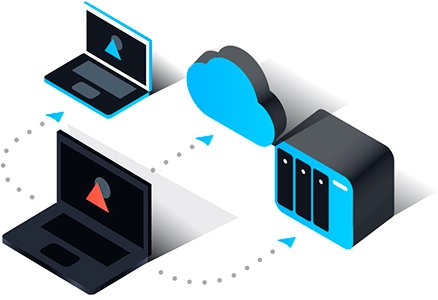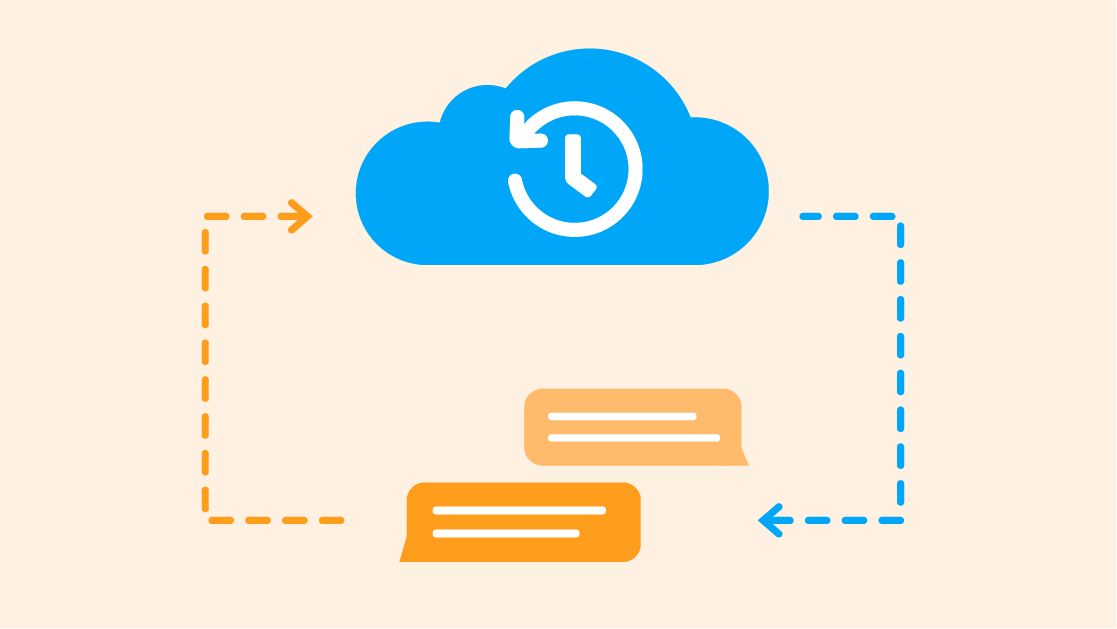Next-gen Backup As A Service Customer Reviews
Next-gen Backup As A Service Customer Reviews
Blog Article
Customizable Remote Backup Windows 11 Security Assessment
Organizations must overcome the crucial challenge of protecting their valuable information as digital data storage becomes more and more important. By offering safe and accessible storage for important data, cloud database backup offers a solution. In this article, we'll go over the significance and advantages of cloud database backup as well as the best methods for putting it into practice.
- Recognizing Cloud Database Backup:
Resilient Backblaze Vs Carbonite Efficiency Breakdown
The act of storing copies of your database online in a remote server or data center is referred to as cloud database backup. It offers an off-site backup option that guarantees data redundancy, hardware fail-safeness, natural disaster defenses, and cyber threats.
- Cloud database backup benefits:
Customizable Types Of Cloud Backup Efficiency Breakdown
Compared to conventional backup techniques, cloud database backup has a number of advantages. Among them are:
Data redundancy: By storing data across multiple servers, hardware failures and disasters are less likely to cause data loss.
Scalability: Depending on your needs, cloud backup makes it simple to scale up or down your storage needs.
Accessibility: With cloud backup, any internet-connected device will allow you to access your data whenever and wherever you want.
Cost-effectiveness: Cloud backup makes it unnecessary to spend money on expensive backup personnel, infrastructure, and maintenance.
Automated Backups: By automating scheduling and incremental backups, cloud backup services frequently eliminate the need for manual backup.
Business-oriented Auto Backup For Tech Explained
- Selecting a Cloud Database Backup Service:

Take into account the following when choosing a cloud database backup provider: (Online Backup Partner Programs)
Innovative Mysql Server Toolkit
- Security Measures: Make sure the service provider uses reliable security measures like compliance certifications, access controls, and encryption.
- Reliability: Look for businesses that have a solid reputation for dependability and high uptime assurances.
- Scalability: Verify that the service provider provides storage options that can adapt to your expanding data requirements.
- Data transfer speed: Take into account the provider's bandwidth and network infrastructure for quick and effective data transfers.
- Using cloud database backup to implement:
Advanced Home Server Online Backup Expert Opinions
Use the following best practices to implement cloud database backup:
- Establish backup policies: Clearly specify your backup needs, including the frequency, retention, and recovery point goals.
- Encryption: To guarantee the integrity and confidentiality of your data, encrypt it before moving it to the cloud.
- Regular Testing: Verify the veracity and completeness of your backups why not try here by regularly testing the restoration process.
Implement monitoring and alerting systems to quickly identify problems or failures in the backup process.
- Disaster Recovery Plan: Create a thorough disaster recovery plan that outlines how to recover data in the event of an emergency.
Smart Hybrid Cloud Backup Solutions Best Practices
- Managing a backup cloud database
Continuous monitoring and upkeep are necessary for managing cloud database backup. Think about the following advice:
Streamlined Online Backup Music Ultimate Guide
- Regularly Monitor Backups: Keep an eye on the backup procedure to make sure it goes smoothly and quickly fix any mistakes or failures.
- Review and update backup policies on a regular basis to keep up with evolving regulatory requirements and changing business needs.
- Retention Management: Depending on business priorities and legal requirements, control how long your backups are kept.
Implement data archiving techniques to move infrequently accessed data to cost-effective storage tiers while maintaining accessibility.
Periodic Reviews: Review your cloud database backup strategy on a regular basis to spot areas for improvement and make sure it aligns with company objectives.
Important Notes:
Simplified Backup Solution For Vultr User Manual

- Cloud database backup offers advantages like data redundancy, scalability, accessibility, cost efficiency, and automated backups for secure and accessible storage of important data.
- When selecting a provider, take security precautions into account, as well as dependability, speed of data transfer, and reliability.
Creating backup policies, encryption, routine testing, monitoring and alerting, and creating a disaster recovery plan are all components of cloud database backup implementation.
Regular backup monitoring, backup policies updates, retention management, data archiving, and periodic reviews are all necessary for effective cloud database backup management.
Remember that protecting the sensitive data in your organization requires the implementation of a strong cloud database backup strategy. To guarantee data security, accessibility, and business continuity, embrace the power of cloud backup.
Cross-platform Macbook Pro Offsite Backup Full Analysis
Key Takeaways or a related phrase

Data redundancy and protection against hardware failures or disasters are both guaranteed by cloud database backup.
Scalability, accessibility, cost effectiveness, and automated backups are some of the advantages.
When selecting a provider, take security precautions into account, as well as dependability, speed of data transfer, and reliability.
- Adopt best practices like disaster recovery planning, encryption, regular testing, monitoring, and alerting.
Monitoring backups, updating policies, managing retention, putting data archiving into place, and conducting periodic reviews are all part of effective management.
Report this page